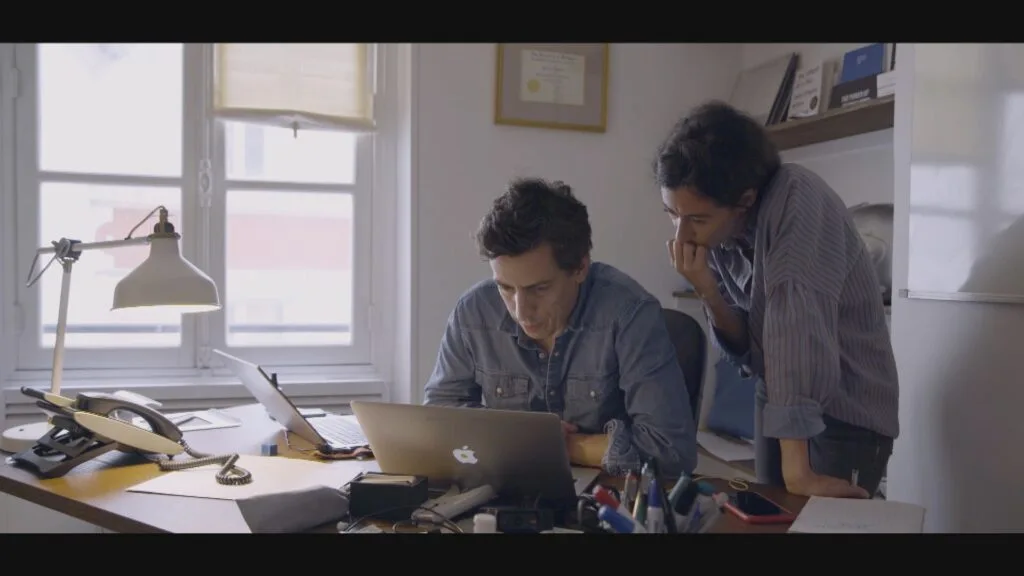Behind the Explosive Investigation into Pegasus Spyware

January 19, 2023
When a leaked list of more than 50,000 phone numbers came to the attention of Laurent Richard and Sandrine Rigaud of the journalism non-profit Forbidden Stories, along with Amnesty International, they suspected the list contained phone numbers potentially targeted for surveillance using the powerful spyware known as Pegasus, which gives its operators access to targets’ mobile devices.
Richard and Rigaud teamed up with journalists from sixteen other outlets, including FRONTLINE, to investigate. What the reporting consortium found, with technical support from Amnesty International’s Security Lab, was explosive: Pegasus had been used on journalists, human rights activists, the wife and fiancée of the murdered Saudi columnist Jamal Khashoggi, and others around the world.
Global Spyware Scandal: Exposing Pegasus is the new, two-part series from FRONTLINE and Forbidden Films that goes behind the scenes of the investigation, and chronicles the responses from governments and institutions seeking to govern the largely unregulated spyware industry.
Richard and Rigaud, two of the series’ producers, joined FRONTLINE’s Raney Aronson-Rath to discuss the investigation, what’s happened since, and the threat spyware like Pegasus poses.
Pegasus is “like a person over your shoulder who will read everything that you are reading, even your encrypted messages,” Richard says. “It’s a military weapon used against civilians.”
Global Spyware Scandal: Exposing Pegasus is now streaming at pbs.org/frontline, in the PBS App and on FRONTLINE’s YouTube channel.
Want to be notified every time a new podcast episode drops? Sign up for The FRONTLINE Dispatch newsletter.
Latest Documentaries
Explore
Policies
Teacher Center
Funding for FRONTLINE is provided through the support of PBS viewers and by the Corporation for Public Broadcasting, with major support from Ford Foundation. Additional funding is provided the Abrams Foundation, Park Foundation, John D. and Catherine T. MacArthur Foundation, Heising-Simons Foundation, and the FRONTLINE Trust, with major support from Jon and Jo Ann Hagler on behalf of the Jon L. Hagler Foundation, and additional support from Koo and Patricia Yuen. FRONTLINE is a registered trademark of WGBH Educational Foundation. Web Site Copyright ©1995-2025 WGBH Educational Foundation. PBS is a 501(c)(3) not-for-profit organization.



















